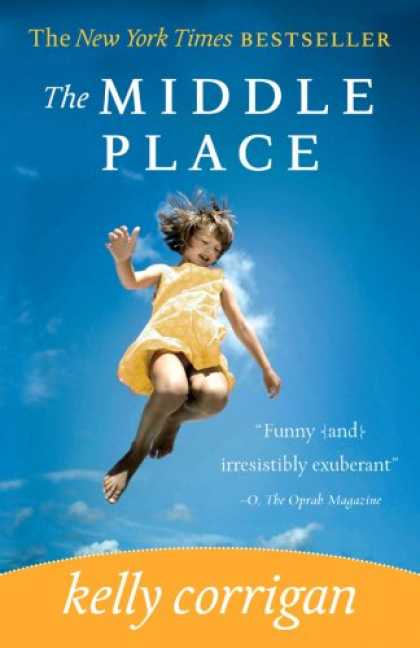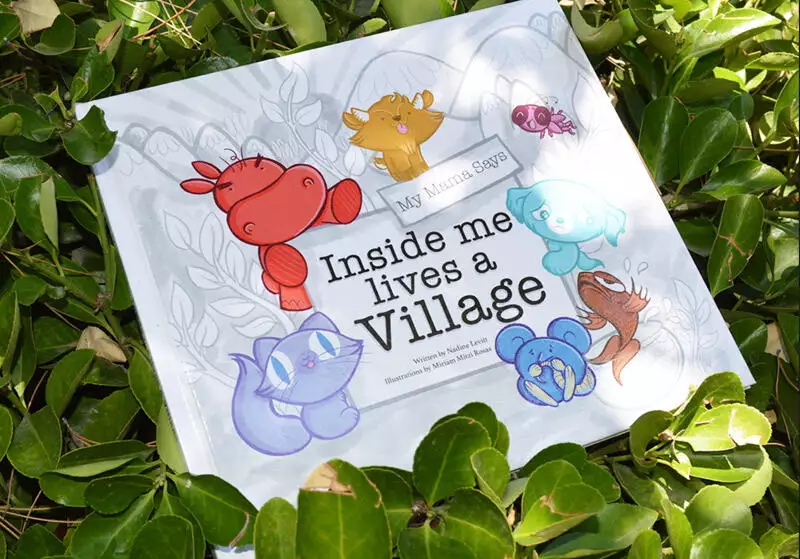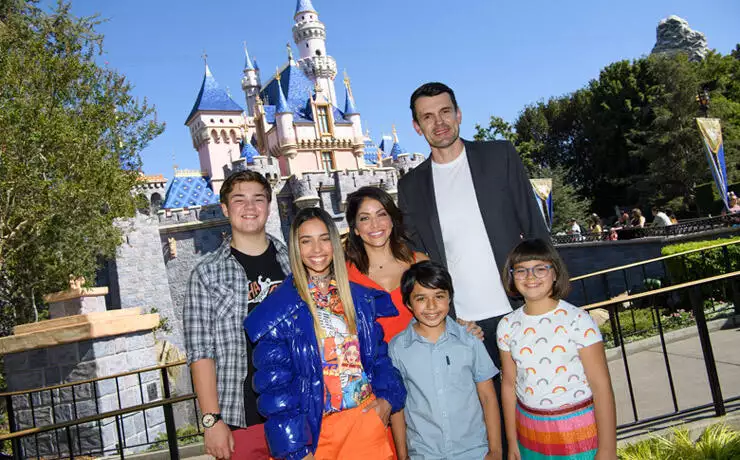
At a time when many memoirs are often either sappy exercises in sentimentality or specious journeys into degradation – not to mention simply fake – along comes Kelly Corrigan’s The Middle Place, to remind us what the genre can really be.
At 33, Corrigan, happily married suburban writer/mother of two tiny daughters, adored daughter of a man who believes everything she does is simply fabulous, wakes up to discover she has breast cancer.
Almost at the same time, she learns that the father she worships, who lives three thousand miles away, has himself been diagnosed with prostate and then bladder cancer.
Alternating between chapters that move through the path of her illness, from diagnosis through surgery and chemo and radiation, and those that track her coming of age, from adored only daughter to rebellious teen, adventuresome young adult, to adoring but sometimes frustrated mother, the book grapples with the complexities of what it means to be an adult.
There’s drama galore here as Corrigan copes not just with her own illness but with her father’s as well, at the same time she carpools her kids, makes sure they’re fed and bathed, rides out their tantrums, and tries to hang on to her sanity and her hope.
This is no sappy tale of unremitting grace under pressure. Though often very funny, Corrigan is not afraid of real emotion or of revealing unpretty things about herself. But she scoffs at sentimentality. She wants to be “completely real, not a cancer ambassador, not a patient representative, not ‘an inspiration.’”
Instead, she makes vivid the possibility that amidst the daily-ness of diapers and sippy cups and car pools, of date nights and disappointments with one’s partner, “arbitrary danger exists and it can come get any of us anytime it wants for no reason at all.”
Toward the end of The Middle Place, while attending the funeral of a family friend, Corrigan imagines her father’s service. “I go last. I am the lucky girl who gets to say, ‘I was George Corrigan’s daughter,’ and the rest is good and the words do as much as words can do, and then it’s over…we pack up the girls and get on the plane. I keep going … I unpack our bags in the home I’ve made for us. I do the laundry, line up a playdate, return a call about the new dishwasher I ordered. I change the sheets on the guest bed. I imagine my head on a wet pillow staring across at Edward, who has no words left for these latest tears. Eventually, I hear Claire call out in the morning. I put a waffle in the toaster; I wash strawberries, I suck a drop of syrup off Georgia’s fingertip. I keep going, with those eyes looking up at me like I know what to do and I can make everything better. And just like every other person who has buried his childhood, I grow up.”
What is it that lets us know, sometimes as quickly as the first page, we want to live in a book, to go along on the journey it sets out for us? Especially with a memoir, what makes us willing to surrender our cherished time with a writer is her voice.
Kelly Corrigan’s voice – smart, witty, unfailingly honest and, perhaps most unusual of all, essentially happy – compels our attention and makes us glad we had a chance to know her.





